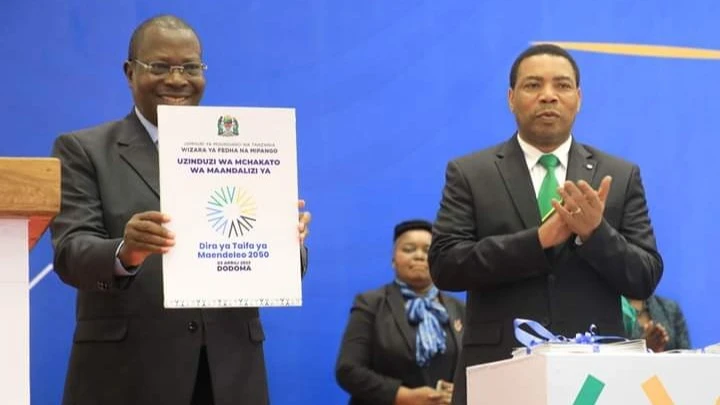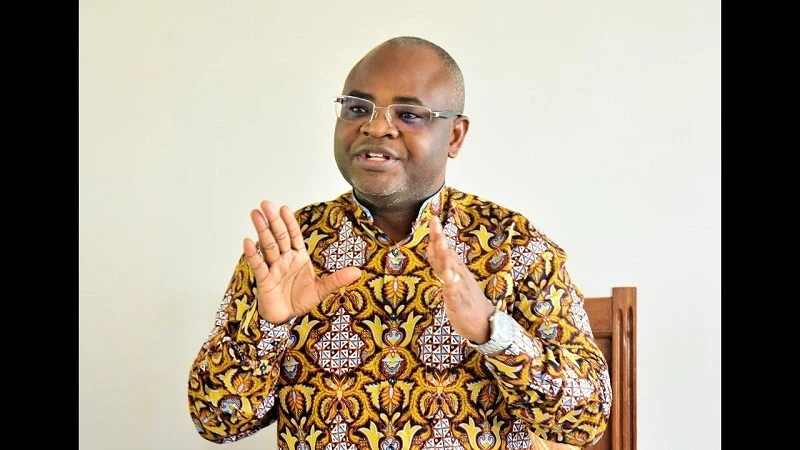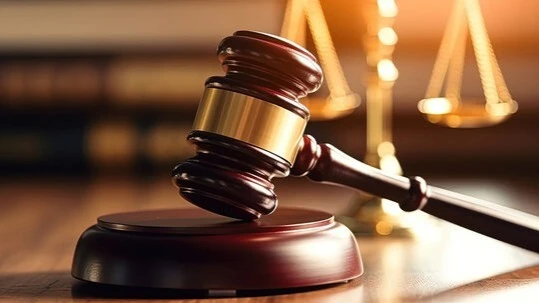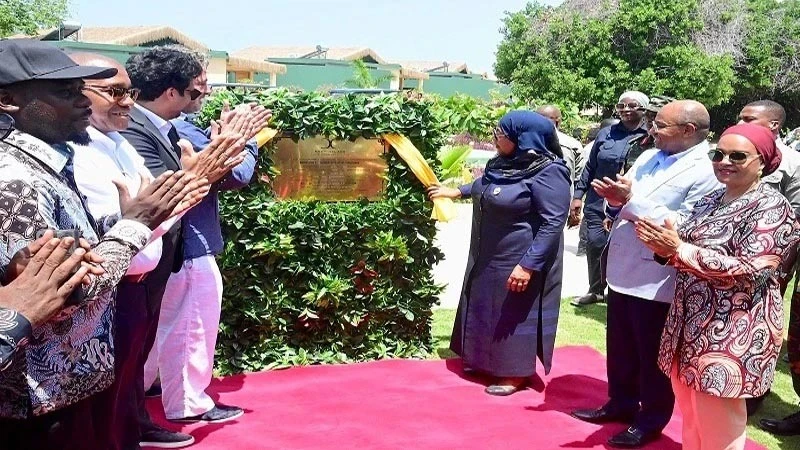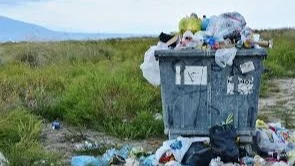more helpful than ‘energy use managers’

ONE of the most controversial spheres of economic activity is regulations – where rules are made for various purposes in line with actual legislation, the difference being that the rules don’t have to go to Parliament for approval.
Thus, a lot can be done for the benefit of this or that interest group until the law itself is amended or outright repealed if it is seen to be incapable of obtaining results without objectionable regulations.
The regulations envisaged for use on a certain cadre of employees of industries and perhaps an inspection fee on their presence and work is sure to cost firms.
It will remain debatable if the government had to formulate regulations for energy efficiency auditing for large electricity consumers, as if there is a gap in the technical capacities the government wishes to fill.
An assistant commissioner for electricity development talked of employing such officials at the start of recent training for 132 certified energy managers from various regions, seemingly the ones poised for jobs.
And, as if to underline the urgency of the project, the government is collaborating with the United Nations Development Programme on the country’s first energy efficiency action plan, also fielding financial support from the European Union.
What is not quite clear in the commissioner’s remarks is that the overall objective is to enhance access to affordable, reliable and sustainable power flow to most consumers.
In other words, large companies are being monitored for energy use by officials they will be compelled to pay so that the government realises wider energy policy objectives none of which can credibly be anchored in what a company is doing.
If company X or Y is in a sense inefficient in its energy use, it will use more cash to pay its bills; it is nobody else’s business but suddenly authority airs strong feelings on all these costs, or starts calling.
There is another unclear area as to whether the plan is to demand that factories operate on a specific sort of energy to lessen the use of electricity or to heighten the use of natural gas as is current policy.
However, it is hard to see how a management cadre is trained for the purpose. Faulty energy use can come from faulty metering or lack of metering, but clearly officials are not being trained to advise a company if the daily meter reading is correct or the meter needs to be changed.
It is as if there is an energy mix focus that calls for the physical presence of an official to be present for one to be sure how much gas, electricity, etc., is used.
The fact, though, is that what most industries need at present is to see if they can develop their own sources of energy. This could be wind power for many companies located on the seashore or biogas for those having an environmental enclosure for a large dumpsite or near it.
Firms at the street level could also be enabled to generate biogas power supply from cesspits that otherwise make the streets dirty when they are emptied into canals when there is a downpour.
The residents concerned would be acting as if they are doing so under cover of darkness to do a foul. Whatever they are assigned to do, options arising from the market work ten times better.
Leading opposition parties compete to fight corruption, brook no reform roles
TRAINING in basic principles of politics suggests that political parties are there to provide alternative views of how government can be run or how public resources can be ‘allocated’ – that is, having revenue collected and spent.
A look into the scenario in Africa at the moment will show that there is enough reason to distinguish between political parties on the continent and much of the developing world on the one hand and those of developed countries on the other.
Like most other political parties, those in Africa could be said to want political power not by alternative governance platforms but claiming that corruption has reached intolerable levels and people simply have to act.
This one-liner is at times paired with some real claims, like frontally protecting local sugar producers against cheap sugar from outside on the part a more recent political party, while another, rather older party, latched on a dispute arising from the presence of Zanzibar in a ‘suspicious’ 1993 international meeting.
Opposition parties at times fail to enrich the policy debate because their feelings are similar to those of the ruling party; they are nationalists rather than reformists.
That applies, say, with the government wanting to privatise debt-laden public firms and the leader of a key opposition party saying a referendum would have to be held.
The government resists the idea and, surprisingly, even with extensive violence in youth demonstrations on the cost of living and new taxes, that idea is not been raised again.
It means that people could die fighting corruption in the streets but doing little or indeed nothing on a public sector-dominated economy that is arguably the source of the corruption both in its costs and in its attitudes.
When nationalists want power held by other nationalists they say that those holding office are corrupt; another party is elected and it is business as usual.
This is what has repeatedly occurred in various African states, with few ultimately satisfied with asking the youth to imitate what is happening elsewhere or affirming that making such allusions is just democratic debate. Debating with another person whether to set the house on fire isn’t civic debate, so many will take their distance.
Going back to square one, the failure to enunciate proper governance platforms for the public to choose from by and large removes the rationale of having political parties, as constitutional presence hangs on a thread.
It is an implicit principle that anyone has the right to be elected to govern, and any such person or group is free to choose its methods. Yes, but those in authority may ask for forgiveness if they don’t quite agree to play along as if they had just joined a dance they genuinely enjoyed.
Top Headlines
© 2025 IPPMEDIA.COM. ALL RIGHTS RESERVED






